Flight over the Afghan nest
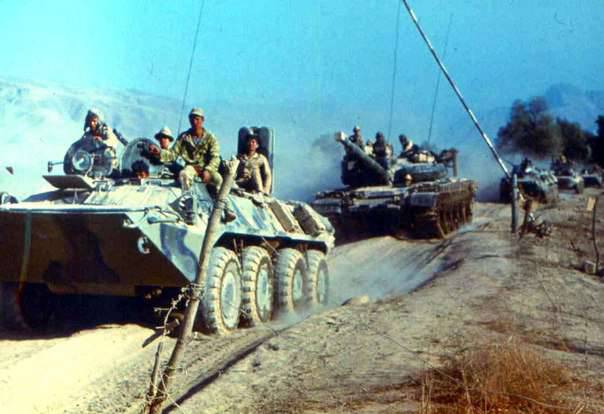
And it seems to me that I, together with them, are walking in “kirzacs” across the dusty land of Afghanistan, with wary attention to the unsteady silence that can explode at every minute, destroy all living things. And not to put into words that special feeling of feminine holiness that comes every time when you communicate with real men, tempered in battles, which have become a reliable support in a peaceful, everyday life. So, I continue a series of stories about Afghanistan. Met with an Afghan warrior, reserve lieutenant colonel Mikhail Modestovich Antonov and another Afghan. I understood: each of them has his own view of this war.
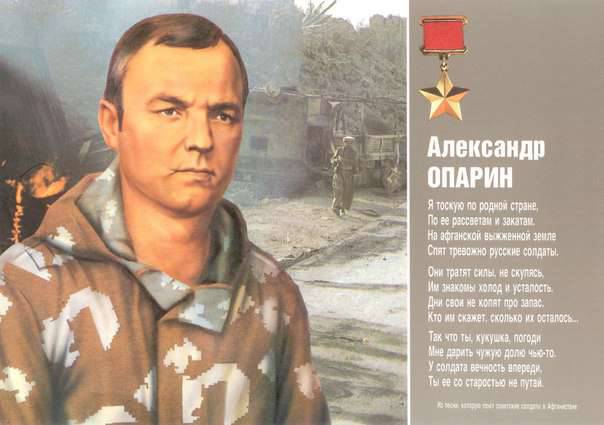
Mikhail Modestovich prepared for the meeting, immediately laid out the photos, explaining: “This is the intelligence about the caravan with weapons, we removed from the plane, it is the caravan itself. See, camels. This is a prison from the height of flight. ” Of course, it was no longer necessary to ask about the troops in which he served, and so it is clear that in front of me is a combat pilot. Immediately, Mikhail Modestovich opened a book dedicated to the Afghan war, where he was noted. The first thing that caught my eye - awards: the Order of the Battle of the Red Banner. Billets with questions somehow vanished by themselves, and the conversation began heart to heart, and not according to plan.
- Tell us about your awards. This is not the only one.
- Yes, there are medals and signs of the USSR, a medal from the Afghan government, awards for longevity, but I call everything jubilee. But the Order of the Military Red Banner, the military award, is the most significant for me.
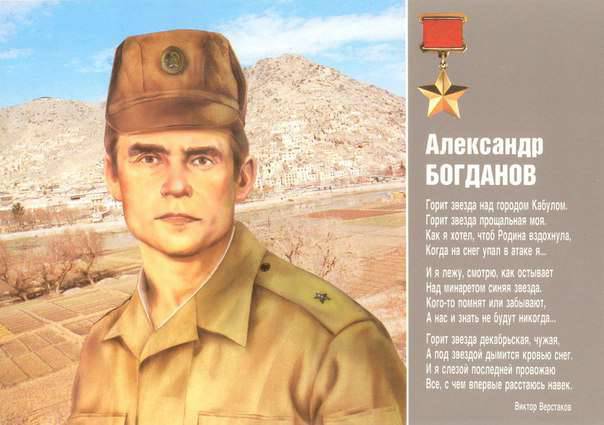
- Did you get it for something specifically?
- When awarding took into account all the merits during his service in Afghanistan. After all, I was the leader in the group, corrected and directed the blows, and almost all of them were successful, they achieved the goal. Well, and probably more for the downed aircraft.
- Whose plane?
- Our. We are fighters, but there was practically no direct work in Afghanistan; We mainly delivered bomb strikes, eliminated caravans with weapons, covered others. But, although rarely, they came into contact with the enemy. As a result of this contact, our plane was shot down. Pilot Sergei Privalov was able to reach the airfield and put the car in (by the way, he was also awarded the Order of the Red Banner). We did not want to lose the equipment, but we could not repair it ourselves. Then a group of specialists was sent to us from the Union, but on the very first day of their stay in Afghanistan they came under mortar attack. After spending the night in the trenches, the experts left us the calculations and left the next day. According to their calculations, we had to repair the plane on our own, and I, as deputy regiment commander, flew around. And I didn’t want to risk people, because the territory of the bypass is an area occupied by the mojaheds. But I was lucky, the tests were successful.
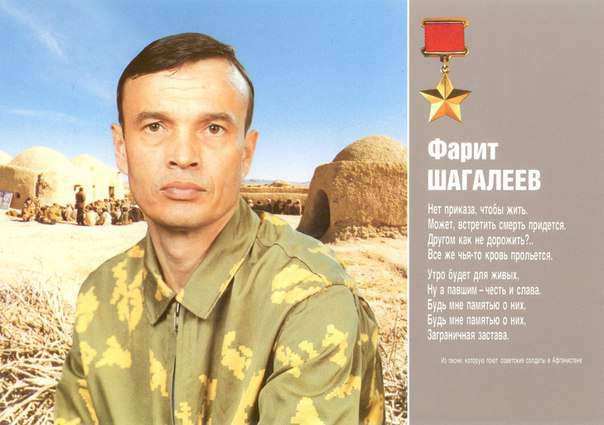
- In general, came under fire?
- Sometimes. In the area of Peshawar, Panjshir gorge. After all, the main enemy forces were concentrated there, and at the same time the so-called Afghan “road of life” passed - the main line for motorcade, delivering military and civilian cargo from the USSR. But always successfully left from under fire.
- Fearfully?
- Of course. Being afraid when they shoot at you is normal. Therefore, on the first departures it was really scary, and it was remembered. You dive into the gorge, and towards the tracing shots of the Mujahideen - it is difficult to defeat fear, but necessary. In addition, with time you get used to it. By the way, they say that there are few landmarks in the mountains, it is difficult to remember the terrain. And even now I could fly around the whole of Afghanistan without a map. So everything crashed into the memory.
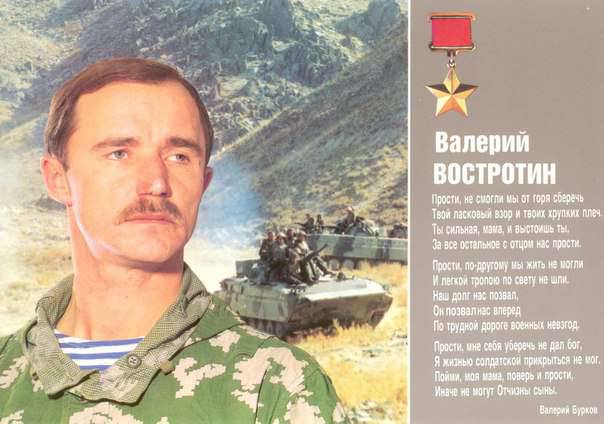
“But let's go back to where we might have started.” Mikhail Modestovich, tell us how and when you ended up in Afghanistan.
- In the summer of 1988, we were trained at an air base in the USSR. We have already talked about the withdrawal of troops, and we hoped that we would not get into this inferno. However, an order came, and our regiment 18 had already landed at the airfield in Bagram, where we replaced the Starokonstantinovsky regiment from Ukraine, which had been based here for a year. And our three squadrons remained in Afghanistan until the very conclusion.
- What was your job?
- We either covered our own, or struck blows at the enemy. True, we had one problem: very often orders for the destruction of the enemy came with a noticeable delay. For example, intelligence reported that such and such a kishlak has a base of mojaheds. As long as this information reaches the authorities, while they figure out what to do about it, until they sign the order, the enemy can already leave this territory, and peaceful people will be on it. You know, I had to see in the city maimed children, wounded old men and women - a sight not for the faint of heart. And, unwillingly, you wonder: both the mojahedin and we can be to blame for this. And for me the main task was to learn to distinguish between goals - military and peaceful, and try to destroy precisely those objects that carry danger. Over time, I really learned this. With the tightening of time and information leaks (yes, it was like that!) We also learned how to fight. Having received the intelligence data, we raised the squadron, and only after that the duty officer reported “up” about the decision to strike. Naturally, the planes can not be deployed, the leadership had to approve the decision without delay. Thanks to this tactic, we made many successful sorties.
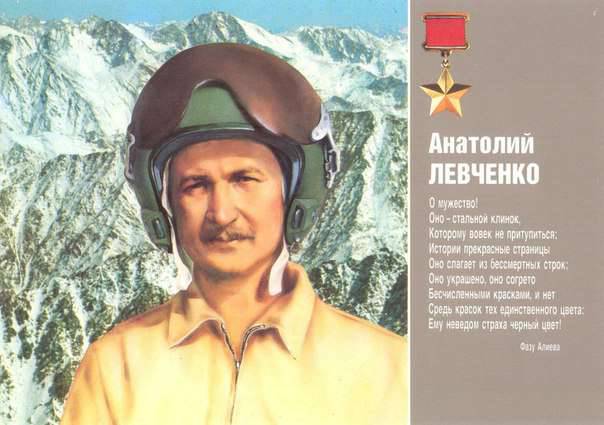
- What about information leaks. Did you find out who did this?
- Unfortunately no. But the fact that they took place is a fact. If the combat mission was known in advance, then it was almost impossible to detect the target, usually a caravan of weapons. The Mujahideen already knew the time of the strike and hid: they laid camels, covered them with a camouflage net and climbed under it. To see such a disguised object from an airplane is unrealistic.
- Preparing for a conversation with you, I read what the modern press writes about this war. In more than half of the sources, the introduction of troops into Afghanistan is called "Soviet aggression." But this was what the government of the rebellious country asked for. And what is your attitude as a direct participant to those events?
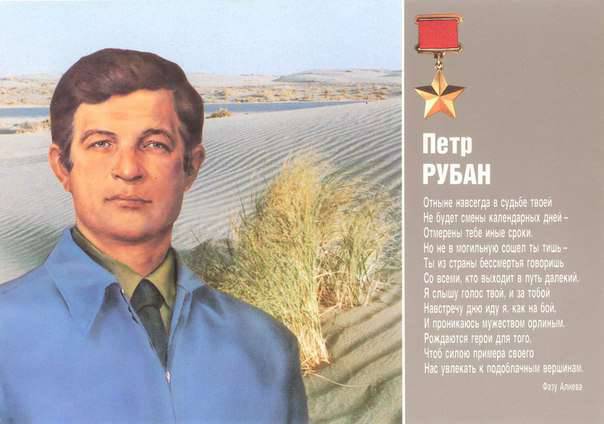
- Afghanistan is a strategically important territory for both the USSR and the USA. If our troops had not entered, American troops would have entered. We had to think about the security of our borders, and we ensured it to the maximum. Yes, we had losses, but significantly smaller than those of the enemy. Unfortunately, peaceful people also died. Although "peaceful" is also relative. I was familiar with one Afghan family - they had eight adult children: four of them were on the side of the government, and four were in gangs. When I went to them, it was not for myself: they could not kill in the house, traditions do not allow, but the negative attitude was literally felt by the skin.
- About losses. Have they touched your regiment?
- In this regard, we worked very well - we had only one wounded. It’s worse with technology: three planes suffered. I already told you about one, the other was hit at the airfield during mortar shelling. There were no serious injuries, so we quickly restored it and flew on it also in Afghanistan and already in the USSR. The third plane is more complicated: somehow, during the departure, his engine failed, the pilot had to eject, and moreover, to the territory occupied by the Mujahideen. In this situation, everything worked perfectly - the pilot covered aviation to the approach of helicopters with a search and rescue team.
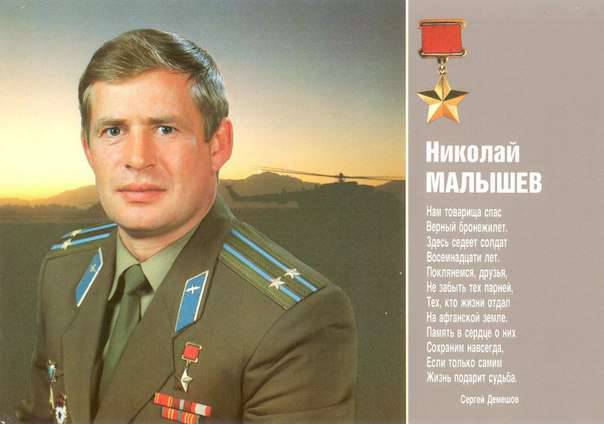
- It is clear that service in Afghanistan is not sugar, but what was the most difficult?
“The days when other troops were withdrawn, and we remained in place.” In the wake of the withdrawal, a certain feeling of relaxation appeared, and in Afghanistan it relaxed, which means it became a good target. It was necessary to struggle with this, to control this state, because they still shot anyway. And when our turn came out, we were left without cover. I went to negotiate with the motorized infantry in cooperation with our departure from Bagram, and there was no one there. And then we made the decision to independently carry out our cover. We even had to use threats with the Mujahideen: we promised that if we had at least one shot to our side, we would spread Bagram and all the nearby villages. Fortunately, everything worked out. We left our military camp in perfect order, but as soon as we took to the air, everything burned down below. They probably did not want to keep anything that, in their opinion, is related to the infidels.
- How was your return?
“After the withdrawal, we were deployed for another month at the airfield near Tashkent in full combat readiness, so that in the event of another coup d’etat, we would support the government loyal to the Union.” We returned to our home base, the Domna airfield in the Chita region, only in March. It was just a gift to women for the holiday.
- How did your wives, families react to the service?
- Yes, probably, everything is the same. After all, it is harder to wait than to directly participate in the events. Experienced very much, waited, hoped that everything would be all right. Sons, I have two of them, went to school without me.
- How did your future life and service?
- After Afghanistan, he served in Germany, and when the regiment was sent to disband, it turned out to be in the city of Morozovsk. Here and retired.
“Where are you from?”
- From the Leningrad region.
- There was no desire to return home?
- Hard to say. They gave housing here, and there I had nothing. I was cut off from my family all my life, so I wanted to get my own place, to live peacefully.
- And how does a combat pilot live "in the civilian world"?
- It was also possible to work in the civil sphere - the director of the commodity exchange, the general director of a plywood mill. Raised sons, they have learned, now work. But even in peaceful matters and concerns, we do not forget military friendship. Many of my colleagues live in Morozovsk and in the area, we constantly keep in touch, we are friends of families. If something happens, always call your friends, and they are the first to come to the rescue.
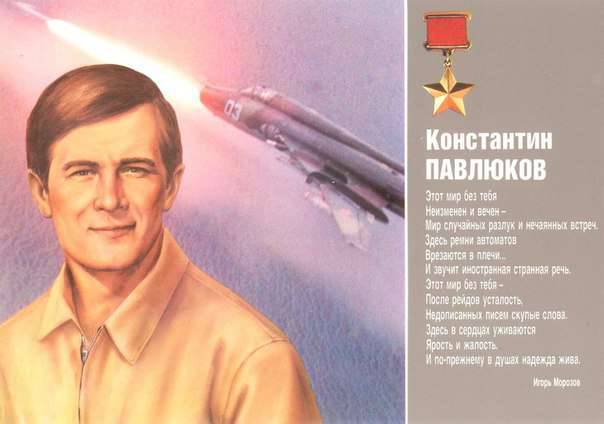
An ordinary person Sergey Likhodeev
- What should I write about me? - Surprised Sergei Mikhailovich Likhodeev, an Afghan warrior. - I have no titles and orders. A common person.
Modesty is the hallmark of many men who have gone through the hellish crucible of another cruel war. They do not consider themselves to be heroes, they often do not even understand who and why has unleashed a conflict, of which they have become unwitting hostages. Uniting Afghans is also the fact that they all remember with accuracy almost to the minute when they were in this war and when they returned home.
In 18, Sergei was called up for military service. At the recruiting station immediately reported - he will go to war in Afghanistan. However, at that time the place of service was not chosen, therefore for parents, even though they were worried, it did not become a surprise. Three months of quarantine in Frunze, the capital of the Kirghiz SSR, of which Sergei Mikhailovich was born, ended with a transfer to a transit point in the Afghan city of Kunduz, and then to a place of permanent deployment - in the town of Puli-Khumri.
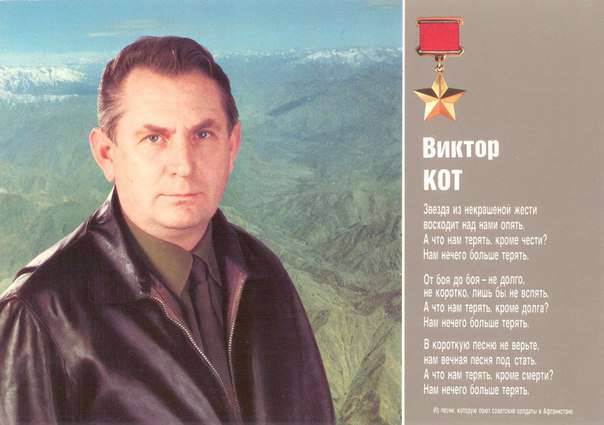
“I was in Afghanistan from December 25, 1982 to February 10, 1985,” says Sergei Mikhailovich. - He served in an armored warehouse in a separate brigade of material support. He was a driver of KamAZ, drove loads, mostly spare parts tanks and armored vehicles.
Private Likhodeev traveled the whole country, carrying the necessary cargo. Although he did not become a driver right away: he served for six months as a scaffold truck, in other words, as a loader.
“At first, of course, it was scary,” recalls Sergei Mikhailovich. - But a person has a tendency to get used to everything, so I got used to it. Under serious shelling did not fall, although it happened, they were shooting in our direction from the Green Valley - this is how we called the area covered with trees, not far from the city.
Of the good Sergei Mikhailovich, the company was remembered - friendly and united, each of the guys, if necessary, at any time could provide support, come to the rescue.
The simple people of the rebellious Afghanistan are also remembered: they, like any other civilians, did not show aggression, but only observed how their country was slipping into chaos.
From the bad: charred cars on the roadsides, incredible heat, up to + 50 degrees, and a lot of terrible diseases: typhoid, malaria, hepatitis.
- I remember parental letters. - The face of the "Afghan" brightens. - Received them, as scheduled, every week. And also answered often. Unfortunately, none of this has survived. There was only a summons from the recruiting office.
After returning home to Kyrgyzstan, the junior sergeant Likhodeyev got a job as a driver, got married. Then, with the collapse of the Soviet Union, he moved to the Lipetsk region. Here he had two sons. Then there was the village of Urengoy, where he also worked as a driver, and in 2005, the family moved to the city of Morozovsk. The eldest son of Sergei Mikhailovich is a student, studying in Volgodonsk, and the youngest is still a schoolboy. Sergei Mikhailovich himself works as a salesman in a store, does not like to remember Afghanistan, and considers himself to be the most ordinary person. But we all know that the heroes of the people are not making orders and medals, but modesty and deeds.
Information